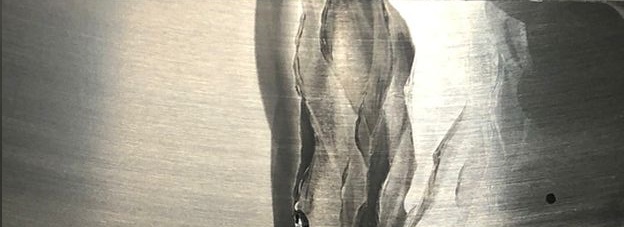Additive manufacturing has become increasingly important in the context of next generation aerospace platforms, and some enclosing and structural assemblies. Structural reliability is of paramount importance in the high demanding service conditions of the propulsion applications in aerospace and power generation industries. Parts operating in high temperature and/or intense (electro)chemical environmental conditions may be made of exotic materials with different chemical affinities.
Design for Manufacturability
Additive manufacturing eliminates some manufacturability constraints, which prevents optimal design and ease of manufacturing of complex parts. However, additively manufactured materials may present more complex microstructures than their wrought, as-cast and as-forged counterparts may. We gained experience on such complex microstructures that requires high precision control of phase transformations. We focused on manufacturability challenges while adopting additive manufacturing as a mainstream manufacturing process.
Graded Transition Metal Alloys
In cooperation with Ion Metal, our team introduced a hybrid arc technique to the additive manufacturing, which provides higher resolution for power optimisation and wire feed to control, respectively, the heat input and the weld pool convection. Dissimilar joining and cladding of stainless steels, creep strength enhanced ferritic (martensitic/bainitic) steels, Copper and Titanium alloys, superalloys and high entropy alloys are among the topics we are interested in.
Contact: +90 312 210 5921 / Koray Yurtışık - PhD, yurtisik@metu.edu.tr / Onur Balak – Welding Eng., onur.balak@metu.edu.tr
